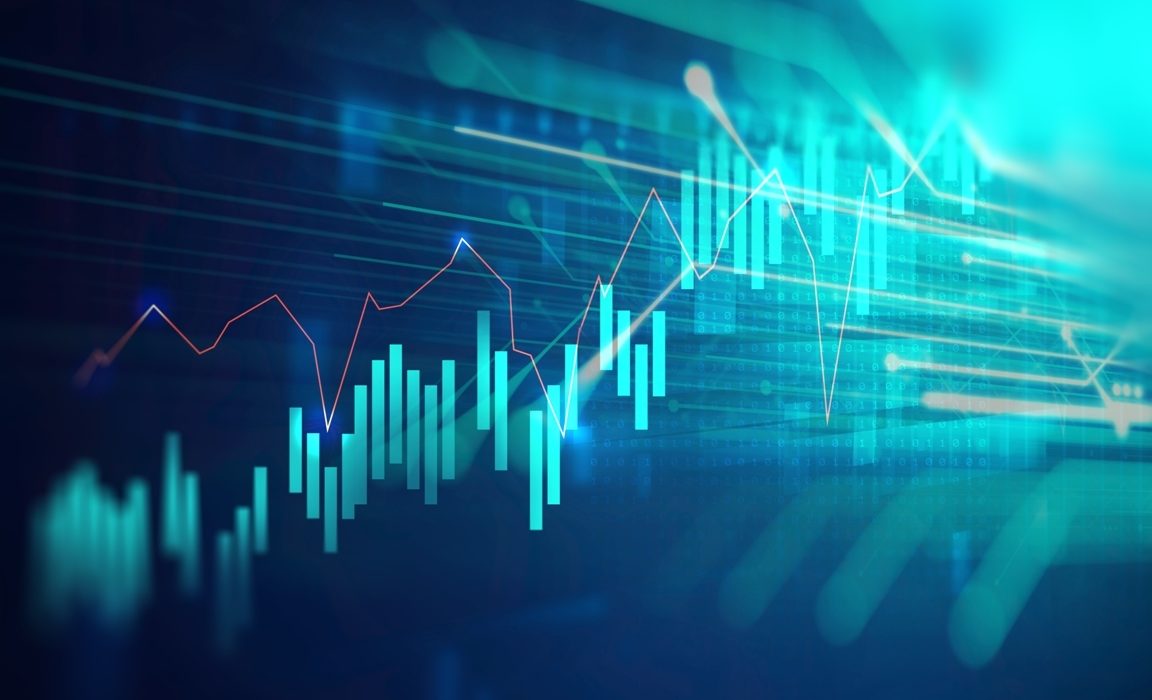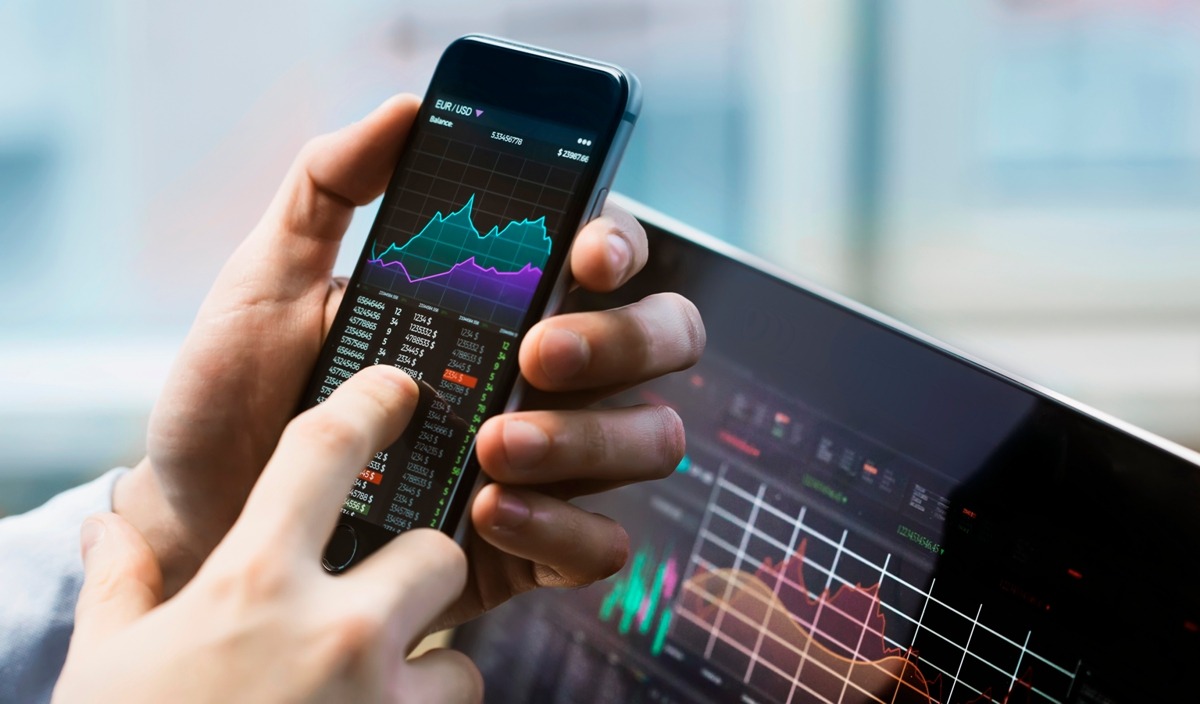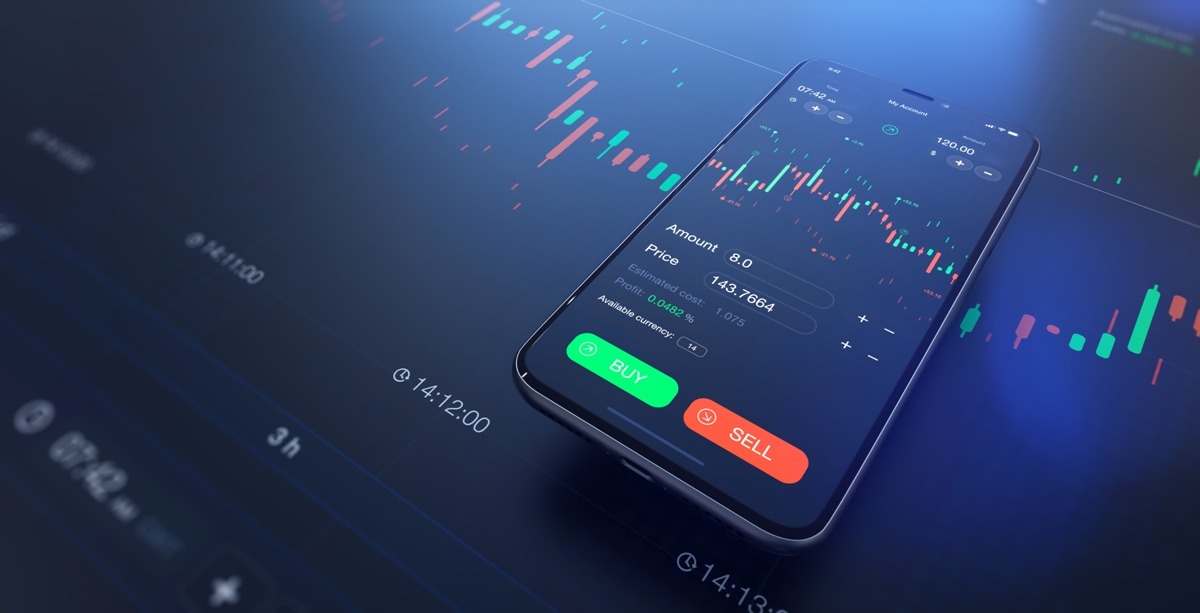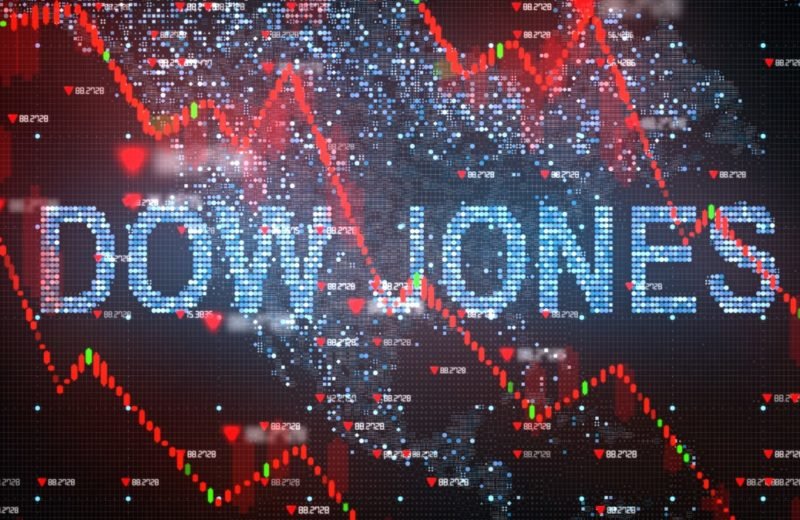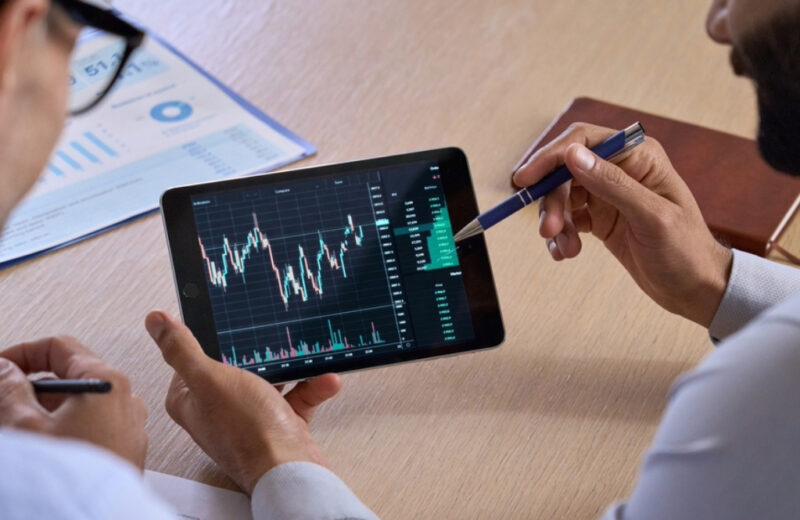U.S. equity-index futures soared on Monday due to signs of progress toward a Covid-19 vaccine. European shares fluctuated, but the Sterling recovered from last week’s lows.
Futures on the S&P 500 Index gained 1%, and the Stoxx Europe 600 Index edged up by 0.1%. The MSCI Asia Pacific Index also added 0.9%, while the MSCI Emerging Market Index surged forward by 0.7%.
Meanwhile, Oracle Corp. skyrocketed by 9% in pre-market trading. The reports that it beat Microsoft Corp. in negotiations for the U.S. operations of TikTok boosted the stock. After Gilead Sciences Inc. agreed to buy the cancer drugmaker for $21 billion, Immunomedics Inc. doubled as well.
Nasdaq 100 Index rose by 1% along with the S&P 500. Furthermore, airline and retail shares soared in European trading. According to Pfizer’s Chief Executive Officer Albert Bourla, the U.S. may deploy a coronavirus vaccine to the public before the year-end.
Global stocks are recovering from the first consecutive weeks of declines since March. However, investors are still on edge after the recent reassessment of valuations and volatility in options markets.
They expect the Federal Reserve to maintain its dovish stance on policy this week. Still, strategists at Goldman Sachs Group Inc. and Deutsche Bank AG noted that the recent pullback in the U.S. seems to be nearing an end.
Why do Goldman and Deutsche think that the U.S. stock selloff may end?
Sebastien Galy, the senior strategist at Nordea Investment Funds, stated that with such a powerful monetary impulse coursing through the U.S. and European economy, the odds are that the stock market will be surprised again positively in the fourth quarter. He thinks that investors should remain in a buy on dip market.
Oil producers pressured the Stoxx Europe 600 Index. Commodity trader Trafigura Group thinks that the market will return to surplus. At the same time, BP Plc stated that the relentless growth of oil demand is over, and consumption may never return to the levels seen before the coronavirus took hold.


